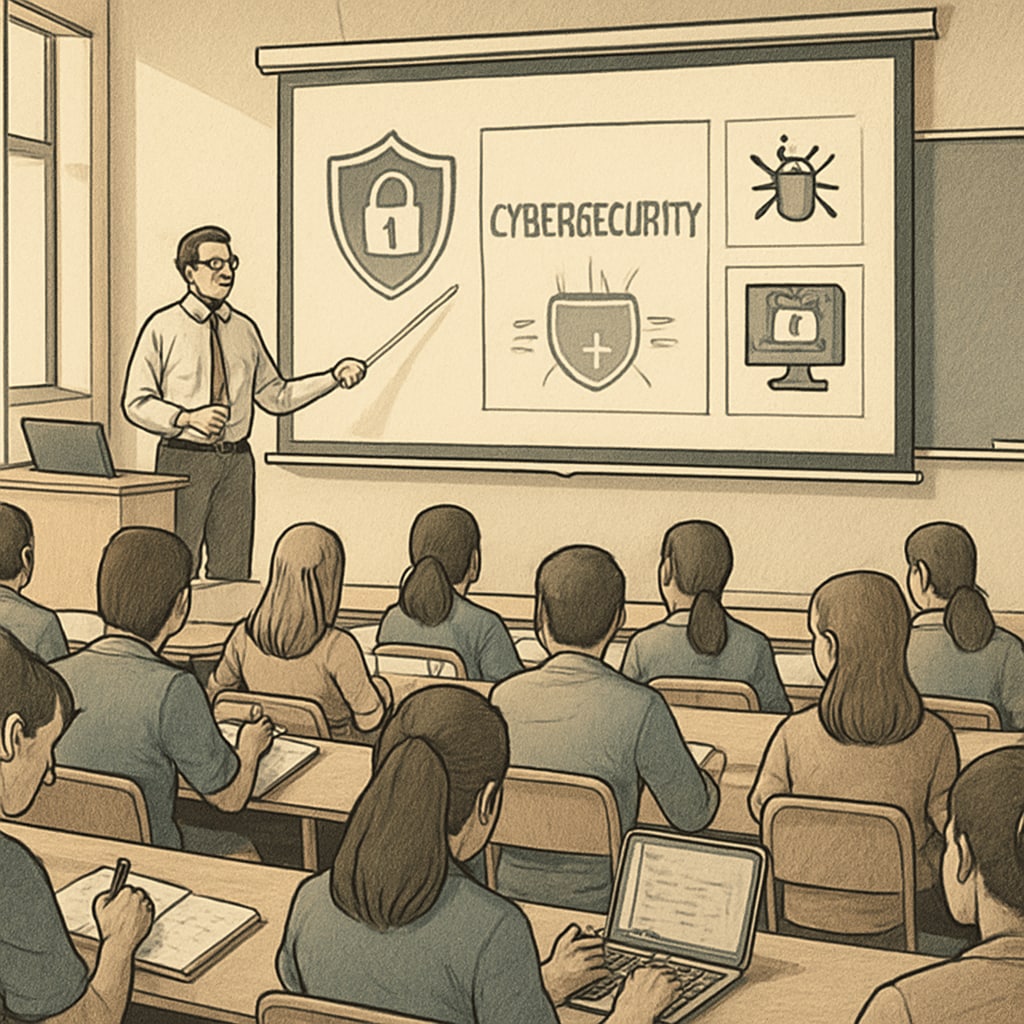In today’s rapidly growing cybersecurity industry, university selection plays a critical role in shaping career opportunities. Students and parents often debate whether to prioritize university reputation or the practical skills gained from the program. This article examines the employment impact of university reputation in cybersecurity, with a spotlight on UMGC (University of Maryland Global Campus), and offers guidance on how to strike a balance between educational investment and future career success.
The Importance of University Reputation in Cybersecurity Careers
University reputation is often a significant factor in determining employment prospects, particularly in competitive fields like cybersecurity. Prestigious institutions tend to attract top-tier faculty, cutting-edge research opportunities, and substantial alumni networks, which can help graduates stand out in the job market. For example, employers may view a degree from a highly ranked university as an indicator of rigorous training and dedication.
However, it is important to recognize that reputation alone does not guarantee success. Many lesser-known universities, such as UMGC, offer specialized programs tailored to cybersecurity, focusing on practical skills and industry certifications. These programs might align better with the needs of employers who prioritize hands-on expertise over theoretical knowledge.

UMGC: A Case Study in Practical Cybersecurity Education
UMGC stands out as a leader in providing affordable, accessible, and career-focused education in cybersecurity. Unlike traditional universities that emphasize general education, UMGC designs its curriculum to meet real-world demands. For instance, students can earn certifications such as CompTIA Security+, CISSP, and CEH alongside their degree, making them job-ready upon graduation.
Additionally, UMGC’s online learning model allows students to balance education with other commitments, such as internships or part-time jobs, which further enhance employability. While UMGC may not have the same global reputation as Ivy League institutions, its focus on practical skills often appeals to companies seeking candidates who can immediately contribute.

Balancing Reputation and Skills in University Selection
When choosing a university for cybersecurity education, both reputation and program quality must be considered. Here are some key factors to evaluate:
- Program Curriculum: Look for programs that offer certifications, hands-on labs, and industry partnerships.
- Faculty Expertise: Research the faculty’s credentials and experience in cybersecurity.
- Alumni Success: Investigate where graduates from the program are employed and their career trajectories.
- Cost and Accessibility: Consider whether the tuition aligns with your budget and whether online or hybrid options are available.
While prestigious universities may provide networking advantages, schools like UMGC excel in preparing students for immediate workforce demands. Striking the right balance between reputation and skill development is key to maximizing your educational investment.
Employment Trends and the Future of Cybersecurity Education
The demand for cybersecurity professionals is expected to grow significantly in the coming years. According to data from the Bureau of Labor Statistics, jobs in information security are projected to increase by 35% by 2030, much faster than average. As a result, employers are increasingly focusing on candidates with practical qualifications, such as certifications and hands-on experience.
Universities like UMGC are adapting to these trends by offering programs tailored to industry needs. Beyond technical skills, cybersecurity professionals must also develop soft skills, such as communication and teamwork, which are critical for collaboration in high-pressure environments.
For students, the decision should be based on a combination of factors, including career goals, budget, and preferred learning style. Whether you choose a prestigious institution or a specialized program like UMGC, staying updated on industry trends and continuously improving your skills will be essential for long-term success.
Conclusion: Navigating the choice of university for cybersecurity education requires careful consideration of reputation, curriculum, and practical outcomes. By evaluating these factors and tailoring your decision to your personal goals, you can ensure a strong start in this dynamic field.


